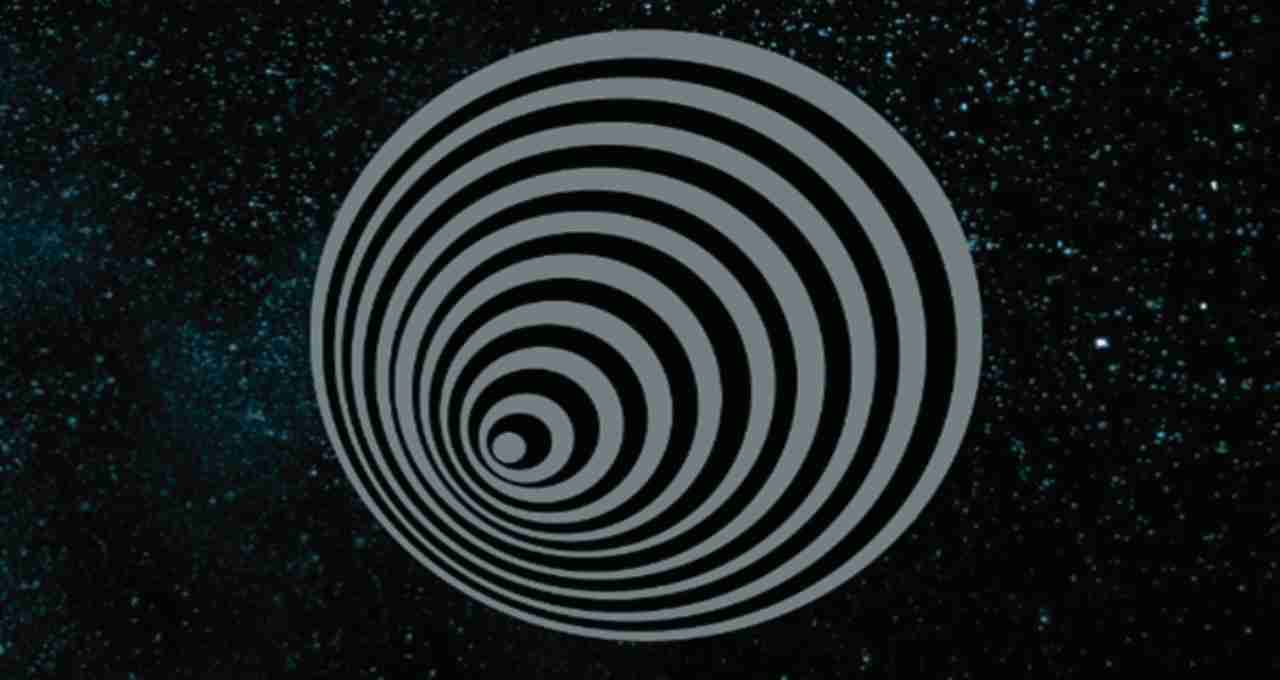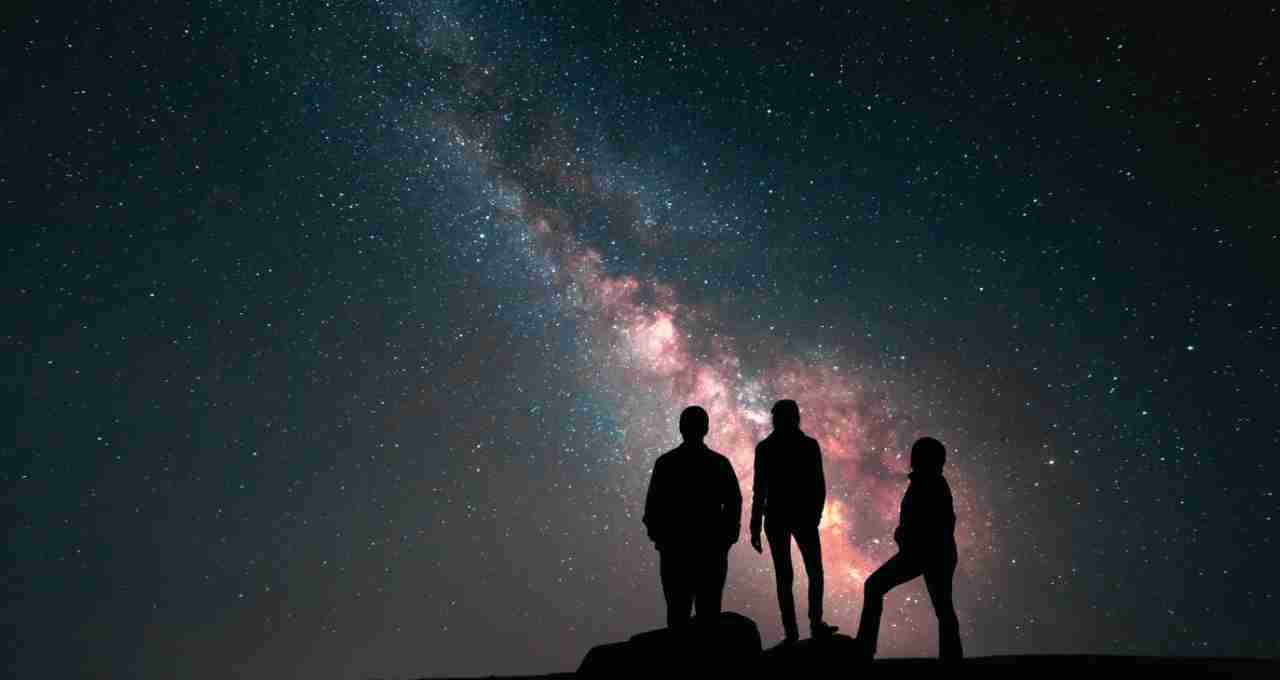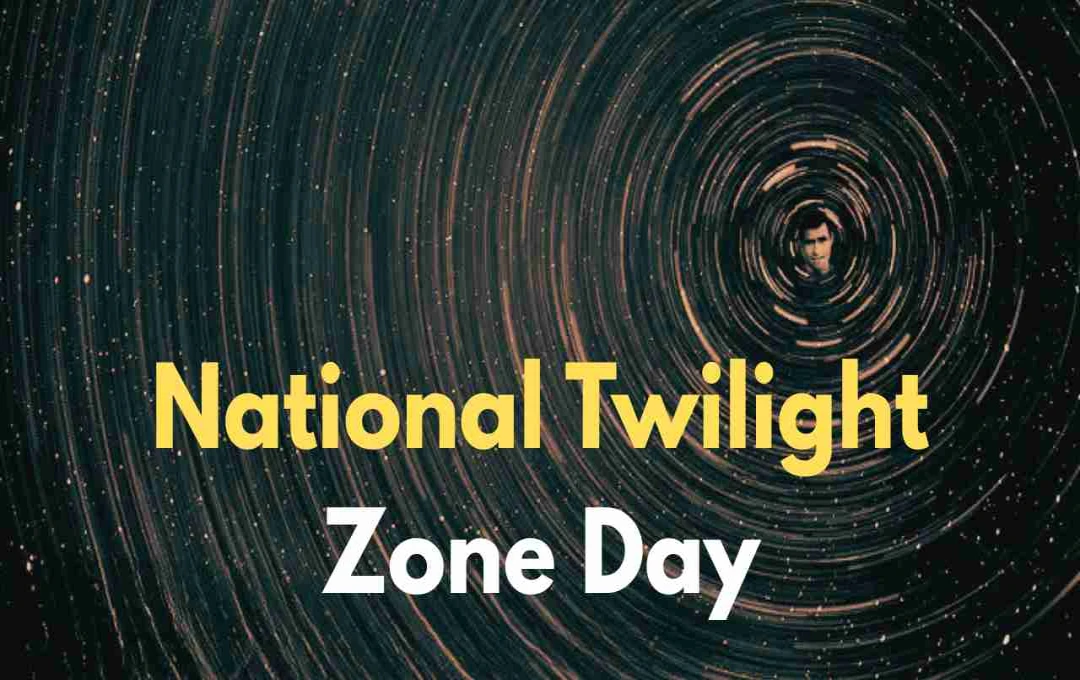Have you ever experienced a bizarre event that made you feel like you were in another world, another reality? If so, you can understand what the Twilight Zone is all about.
Celebrated annually on May 11th, National Twilight Zone Day reminds us that the world is not always what it seems. Let's delve into this mysterious day that sparks contemplation.
What is National Twilight Zone Day?
National Twilight Zone Day is observed every year on May 11th. This day is dedicated to the iconic television series "The Twilight Zone," created by Rod Serling in 1959. Each episode presented a new and mysterious story, seasoned with suspense, fear, and fantastical events. The show wasn't merely for entertainment; it also posed profound questions about life, society, and morality.
Each episode featured events that prompted viewers to question reality. While there's no definitive historical record for the day's origin, perhaps its enigmatic nature mirrors the show's essence. Like the Twilight Zone itself, everything appeared normal, yet each story contained an element of the unexpected and unsettling.
What was 'The Twilight Zone' show?
Launched in 1959, The Twilight Zone was a groundbreaking television series, distinct and captivating for its time. Each episode offered a unique story, encompassing science fiction, horror, fantasy, or social commentary. Viewers were transported to strange and unusual realms, each narrative culminating in a twist that surprised and challenged perceptions of reality.

Some key themes of The Twilight Zone were:
- Time travel and parallel universes: Exciting stories about time travel and alternate realities.
- Dystopian future tales: Stories exploring potential futures for humanity.
- Ethical and philosophical questions: Deep questions about human thought, life, and decisions.
- Aliens and space: Strange events related to extraterrestrial life and space.
- Unusual and supernatural events: Stories centered on anything outside the realm of the ordinary.
How to celebrate National Twilight Zone Day?
National Twilight Zone Day is an intriguing and enjoyable occasion that doesn't require an elaborate celebration. You can easily enjoy it from the comfort of your home. Here are some creative and fun ways to make the most of it:
Watch Twilight Zone episodes: Watching classic Twilight Zone episodes is the perfect way to celebrate. You can find them on YouTube or other streaming platforms. Some famous episodes include:
'Time Enough at Last'
'Eye of the Beholder'
'Nightmare at 20,000 Feet'
These episodes are mysterious and thought-provoking, transporting you to otherworldly experiences.
Read science fiction or fantasy books: If you enjoy reading, enhance your celebration by reading books by renowned authors like Rod Serling, Ray Bradbury, or Philip K. Dick. Their stories offer unique perspectives and ignite new ways of thinking.

Host a mystery-themed game or quiz night: Engage your friends or family in mystery games or a fun quiz night. This entertaining approach fosters teamwork and collaborative problem-solving.
Write your own Twilight Zone story: If you're creative, write a short Twilight Zone-esque story with a surprising twist or thought-provoking question. This allows you to unleash your imagination and explore your creative writing.
Observe your daily life: Amidst our daily routines, we often overlook subtle mysteries and strange occurrences. On Twilight Zone Day, reflect on your day and consider whether anything unusual or mysterious happened. It's a wonderful way to connect with your surroundings and observe them from a fresh perspective.
Why is this show still relevant today?
Despite being over 60 years old, The Twilight Zone's themes remain remarkably relevant. The show prompted reflection on technology's impact, societal moral decay, the growing influence of media, and human greed.
In today's digital world, with the increasing influence of AI, social media, fake news, and digital realities, Twilight Zone episodes help us understand how these changes affect our thoughts and lives. The show serves as a mirror, reflecting on how we can maintain our humanity amidst technological and social transformations.














